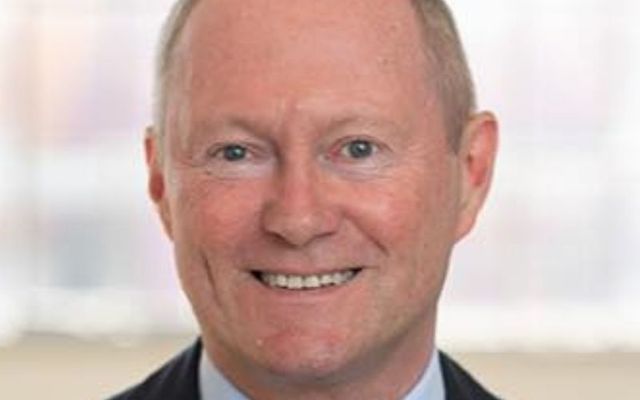Irish human rights lawyer Professor Michael O'Flaherty was elected as Commissioner for Human Rights of the Council of Europe during a vote on Wednesday, January 24.
O'Flaherty, a former priest and the first Irish person to be elected to the role, has vowed to defend human rights law and institutions and stand up for the people of Ukraine in his new role.
It is the highest position ever held by an Irish person in the Council of Europe, an organization consisting of 46 member states founded in the wake of the World War II to prevent human rights abuses.
The role of Human Rights Commissioner was first established in 1999 with a mandate to promote awareness and respect of human rights around the world.
I’m stepping into big shoes. Thank you @CommissionerHR for the warm welcome today! https://t.co/57qLeoHvvC
— Michael O'Flaherty (@MichaelCJT) January 25, 2024
O'Flaherty, who has been appointed on a six-year non-renewable term, told the Irish Times that the role of Human Rights Commissioner is of particular importance today.
"The role of the commissioner is particularly important today, at a moment when we don’t just have human rights abuses, but we have a rejection of the system," he told The Irish Times.
"If we reject the human rights system, we reject the only universally agreed roadmap to honor human dignity and that will be a disaster.
"So much of what we take for granted in terms of our freedoms and our rights in our societies, is because of the Council of Europe."
Welcoming O'Flaherty's appointment, Tánaiste and Minister for Foreign Affairs Micheál Martin said O'Flaherty had served with distinction in several high-ranking human rights positions.
"I want to congratulate Michael O’Flaherty on his election as Commissioner for Human Rights of the Council of Europe," Martin said in a statement on Wednesday.
"Professor O’Flaherty has served with great distinction in several high-level positions in the field of human rights and his election as Commissioner is a mark of the high regard in which he is held.
"His extensive human rights expertise, strong record of leadership, and demonstrated courage, integrity, and resilience, are qualities that will benefit him as he takes up his new role.
"The office of Commissioner is central to the protection of human rights and fundamental freedoms in Europe. Never have these ideals and principles been more important."
Congratulations to Michael O’Flaherty on his election as Human Rights Commissioner.
His high level expertise, strong record of human rights leadership and demonstrated courage, integrity and resilience are qualities that will benefit him and the @coe in his new role https://t.co/IvZFhRlvjN
— Micheál Martin (@MichealMartinTD) January 25, 2024
Born in Galway, O'Flaherty, 64, previously served as chief commissioner of the Northern Ireland Human Rights Commission and is the outgoing Director of the European Union Fundamental Rights Agency.
He spent 18 years in the United Nations, setting up human rights agencies in locations including Bosnia and Herzegovina and Sierra Leone.
O'Flaherty was ordained as a Catholic priest in 1987 but left the priesthood in 1990 to pursue a career in human rights work.
He has worked as a professor at the University of Galway and the University of Nottingham.
O'Flaherty will take up his new post on April 1 after receiving 104 votes out of a possible 211 votes at the Council of Europe's parliamentary assembly on Wednesday night. He defeated rival candidates Meglena Kuneva of Bulgaria and Manfred Nowak of Austria in Wednesday's vote.
"Coming from Ireland means that the commissioner comes from a small country that doesn’t have a history of colonial domination. A country that has known enormous challenges throughout history, including starvation," O'Flaherty told the Irish Times.
"We have the experience of the Belfast-Good Friday Agreement and the peace process which carries enormously relevant lessons for many other societies that are facing conflict."
O'Flaherty added that his first priority is to stand up for the people of Ukraine, stating that he will then tackle a number of other issues, including the "shocking levels of hate in our societies" and the rise of anti-semitism and Islamaphobia.




Comments